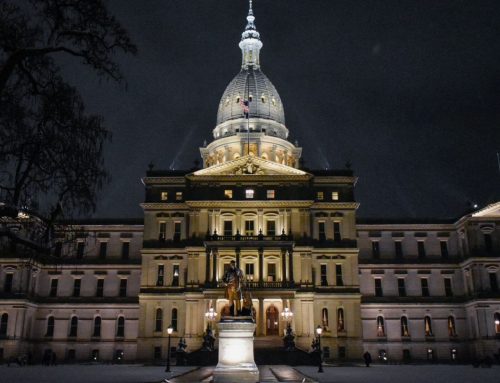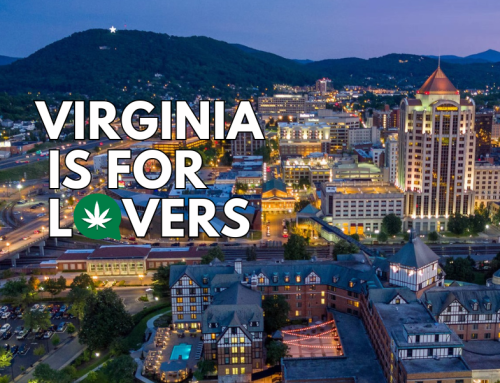California Governor Approves Fast Track for Cannabis and Psychedelics Studies
LOS ANGELES – Governor Gavin Newsom (D) signed Assembly Bill 1103 into law on Friday, October 10, clearing hurdles for researchers studying Cannabis and psychedelics in the state. The measure targets delays in approving projects on controlled substances, with a focus on treatments for veterans facing opioid addiction, traumatic brain injuries (TBI), and post-traumatic stress disorder (PTSD).
The new law updates procedures for the Research Advisory Panel of California, which oversees proposals involving Schedule I and II drugs like Cannabis and psilocybin. Starting immediately, the panel’s chair can delegate reviews to small teams of two or more members, who may approve studies without a full meeting. It also permits asynchronous consultations among experts and extends exemptions from open-meeting requirements until January 2028. These changes aim to shave months off the typical review timeline, which has stalled promising work at universities and medical centers.
Assemblymember Christopher Ward, a San Diego Democrat, introduced the bill earlier this year. It drew strong backing from Veterans Exploring Treatment Solutions, a group advocating for alternative therapies among former service members. In a recent alert, the organization called the legislation a way to “cut through red tape” at California’s research institutions, adding that faster studies could yield benefits nationwide. The bill’s text underscores the urgency:
“Eliminating any and all unnecessary delays in commencing such clinical research in California will save lives.”
This approval comes after Newsom signed a similar measure, AB 2841, in July 2024, which allowed confidential discussions to address a backlog of applications. Together, the laws reflect California’s steady push to build evidence on substances long restricted by federal rules. Yet challenges persist. Federally, Cannabis remains a Schedule I drug, limiting funding and interstate collaboration, while psychedelics face similar scrutiny from the Drug Enforcement Administration.
From a business perspective, the streamlined process could draw more investment to California’s $5 billion-plus Cannabis sector and emerging psychedelics field. Universities like UC San Diego and Stanford, already active in related trials, stand to gain from quicker starts, potentially speeding patents and clinical advancements. Still, experts caution that state-level tweaks alone won’t resolve deeper federal constraints, which could slow commercialization.
AB 1103 is a long-awaited and pragmatic step reinforcing California’s role in data-driven reform. It won’t transform overnight, but by prioritizing veteran health, the state signals commitment to therapies that could reshape treatment options, and industry growth, for years ahead.
Author: Mark Collins /HCN Editorial Staff



































